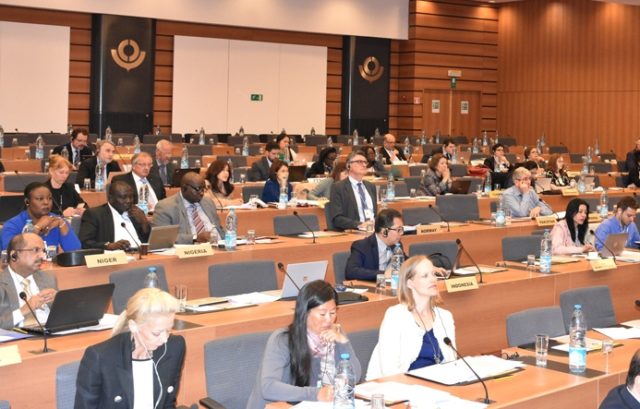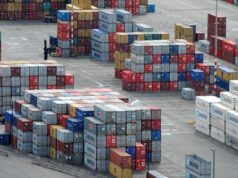The World Customs Organization’s (WCO) Permanent Technical Committee (PTC) adopted the draft Framework of Standards for Cross-Border E-Commerce and the accompanying Resolution and Work Plan in its latest meeting held this month.
The PTC, the key technical committee dealing with strategic issues concerning procedures and facilitation, adopted the framework during the 219th/220th PTC meeting which concluded on April 19.
Earlier this month, the WCO Working Group on E-Commerce finalized the draft and submitted it to the PTC for adoption.
The framework of e-commerce standards is seen to provide “a globally harmonized approach to e-commerce to ensure the speedy delivery of parcels across borders, while ensuring compliance with all regulatory requirements including safety and security and revenue collection.”
After the PTC, the draft framework will be submitted to the June 2018 Policy Commission and Council for their consideration and adoption, said WCO in an April 23 statement.
The PTC also endorsed during its meeting a number of updated tools, such as the Guide for the Time Release Study, the IT Guide for Executives, the Integrated Supply Chain Management Guidelines, and the Coordinated Border Management Compendium.
The PTC also endorsed the Recommendation and Guidelines for the Trader Identification Number, which is expected to further facilitate the implementation of Mutual Recognition Agreements and Arrangements. The FAQ document on the linkages between the SAFE Authorized Economic Operators and Article 7.7 of the WTO Trade Facilitation Agreement was discussed and endorsed. These documents will also be forwarded to the Policy Commission and the Council in June.
The committee devoted one full day to disruptive technologies, organized under the umbrella of the Future of Customs agenda. It brought together speakers and delegates in four workshops to discuss blockchain technology, artificial intelligence, the Internet of Things, biometrics, drones, and other latest technologies.
It also explored the strategies supporting the introduction of new technologies, as well as the linkages with and the potential of using foresight in designing the Future of Customs.
“The PTC fully supported the draft Study Report on Disruptive Technologies, currently under development and which will be revisited in the meeting in spring 2019,” said WCO.
Furthermore, the PTC provided direction for the way forward on the topics of customs-railways cooperation and special customs zones/free zones, which have been recently placed on the PTC’s agenda.
The PTC welcomed the Secretariat’s engagement with the World Bank on the “Doing Business” survey and supported collaboration on the Customs Revenue Benchmarking Database, put forward by Switzerland.
The meeting gathered 140 delegates from governments, the private sector, international organizations, and academia for four days of intensive discussions. In her opening remarks, director of compliance and facilitation Ana Hinojosa stressed that in line with the WCO’s theme for this year, the committee will be taking numerous small steps towards “Building a Secure Business Environment for Economic Development.”
Photo courtesy of WCO









